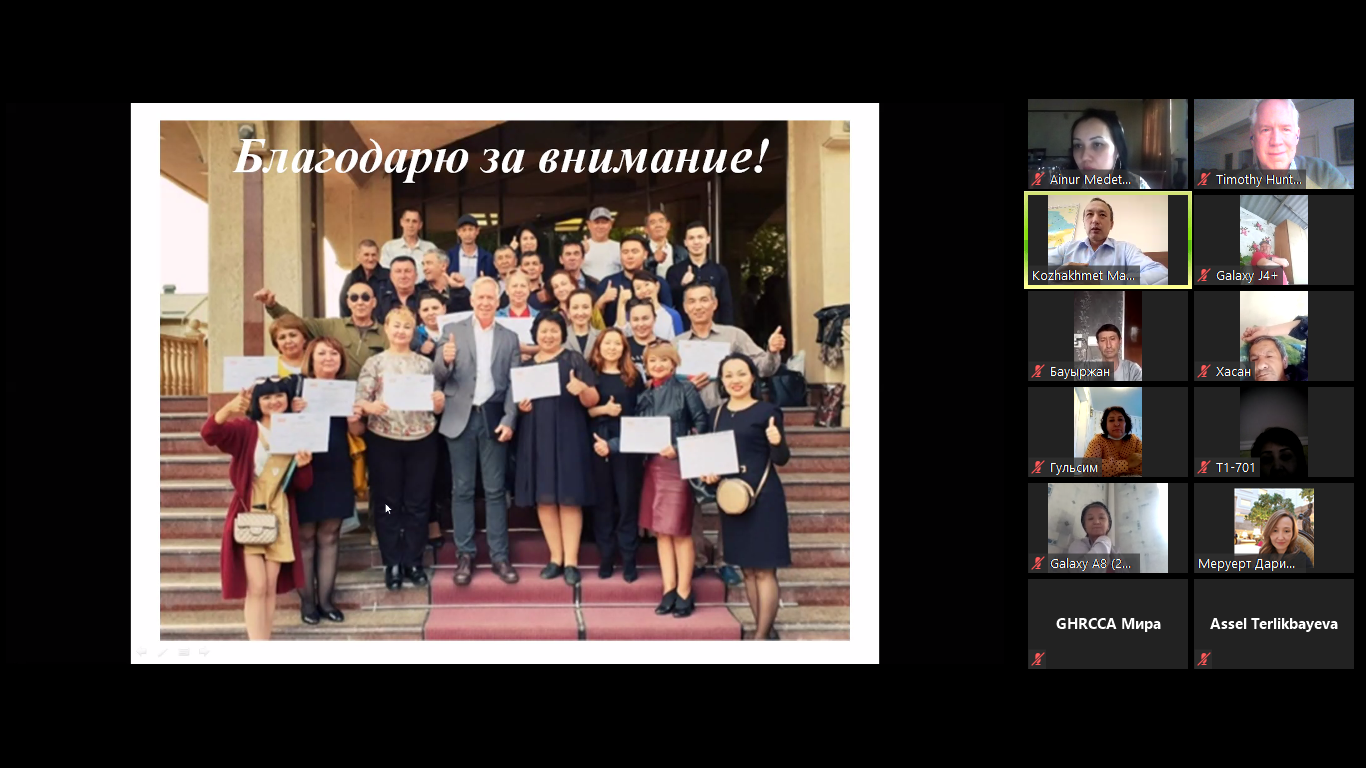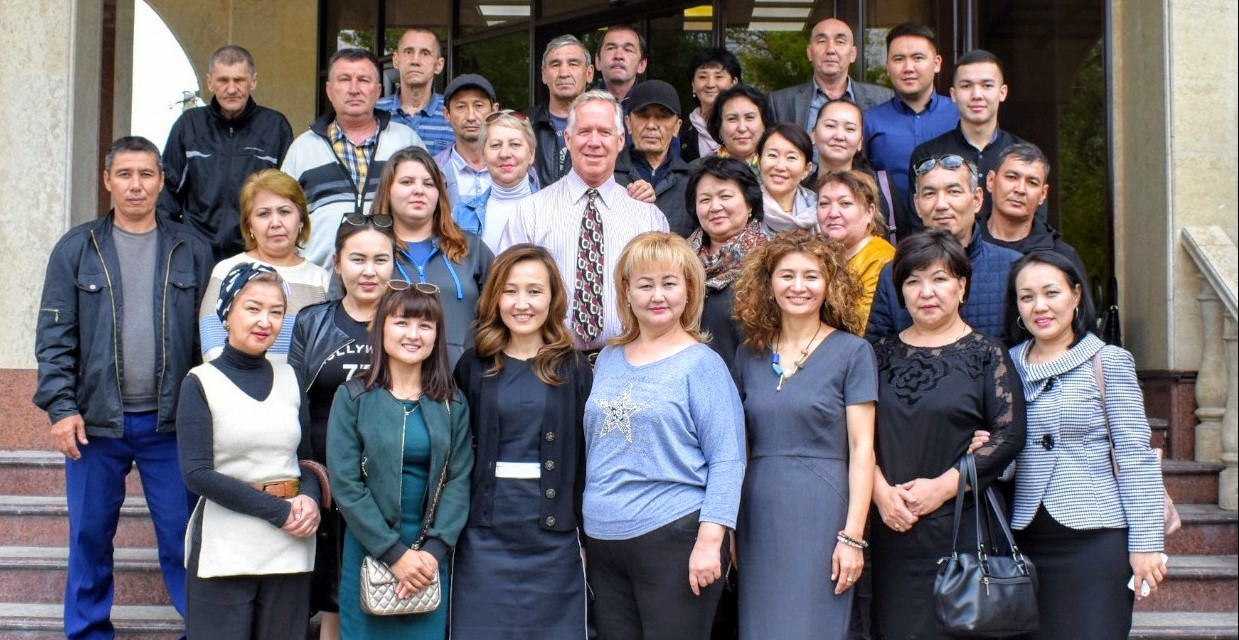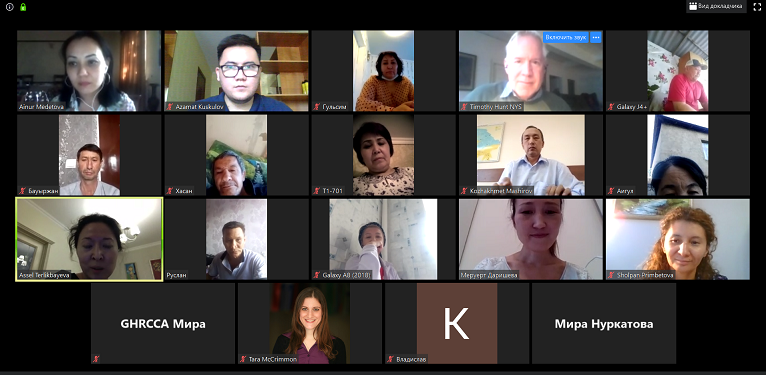The Bridge study, wrapping up now, illustrates the importance of communities of practice and peer networks.
Teamwork in harm reduction programs helps save lives
For three years, the Bridge study -- launched by the Global Health Research Center of Central Asia (GHRCCA) with SIG -- evaluated the implementation, effectiveness, and sustainability of an integrated HIV service model in twenty four needle syringe exchange programs located in four Kazakhstani cities. Bridge included peer-driven recruitment of people who inject drugs in needle syringe programs and integrated rapid HIV testing within these needle syringe programs where harm reduction clinic nurses linked individuals to HIV care through a case management program.
In the month prior to roll-out, the Bridge study team held training sessions on Bridge program protocols for each needle syringe provider. The nurses and outreach workers at these syringe exchange programs participated in study data collection for nearly three years.
Now, the team at Bridge held their final "community of practice" meeting with these providers -- nurses and outreach workers from needle syringe exchange programs -- at their last study site in Kazakhstan: Shymkent.
As a background, communities of practice are groups of people who share a concern or a passion for something they do and learn how to do it better as they interact regularly.
The Bridge study amplified the effectiveness of community research
Co-investigator and intervention and implementation design lead Dr. Timothy Hunt and project director Tara McCrimmon attended a final community of practice meeting with nurses and outreach workers, led by their local supervisor and director of the Shymkent AIDS Center. Also attending the meeting from the GHRCCA central office in Almaty were Assel Terlikbayeva, regional director, Sholpan Primbetova, deputy director, Meruyert Darisheva, project director, and Azamat Kuskulov, Shymkent site coordinator. The meeting was not surprisingly held on Zoom given the COVID-19 safeguards also in place in Kazakhstan.
Participants discussed project outcomes, skills gained, and new challenges related to working with clients during COVID-19, especially given a surge of synthetic drugs among youth. The nurses, and the outreach workers that they supervise, reported they enjoyed working together as a team.
I was really glad to hear several participants mention how much they had valued the team-based approach of the Bridge intervention.

Bridge study significance
Bridge is the first implementation science study at GHRCCA and SIG which not only tests the effectiveness of the Bridge intervention, but also the utilization of four implementation strategies, including training, supervision, technical assistance, and a community of practice. Additional lessons learned included the need to manage self care while working with vulnerable populations, especially for those in recovery. Many also appreciated learning how to use HIV Rapid testing for the first time.
Prior to Bridge, outreach workers at the needle syringe exchange programs were often underutilized: Their sole job was to distribute needles/syringes to clients, which didn't make use of any of their skills or of their own experience: Many being former people who inject drugs themselves. Bridge "elevated" their role by putting them in charge of training others -- "peer recruiters" -- to deliver messages about HIV testing. Outreach workers really excelled with these new responsibilities, sharing how much they valued this experience at the final meeting.
It was extremely rewarding to get to know the teams and to learn together the best approach to engage and retain those with substance use disorder at risk for HIV in the these three cities and distinct regions of Kazakhstan.

Next steps for Bridge
With the Bridge intervention activities now complete, the research team will turn their attention to conducting in-depth interviews with participating nurses and outreach workers to hear more about their experiences with the intervention. The team will also conduct data analysis.

